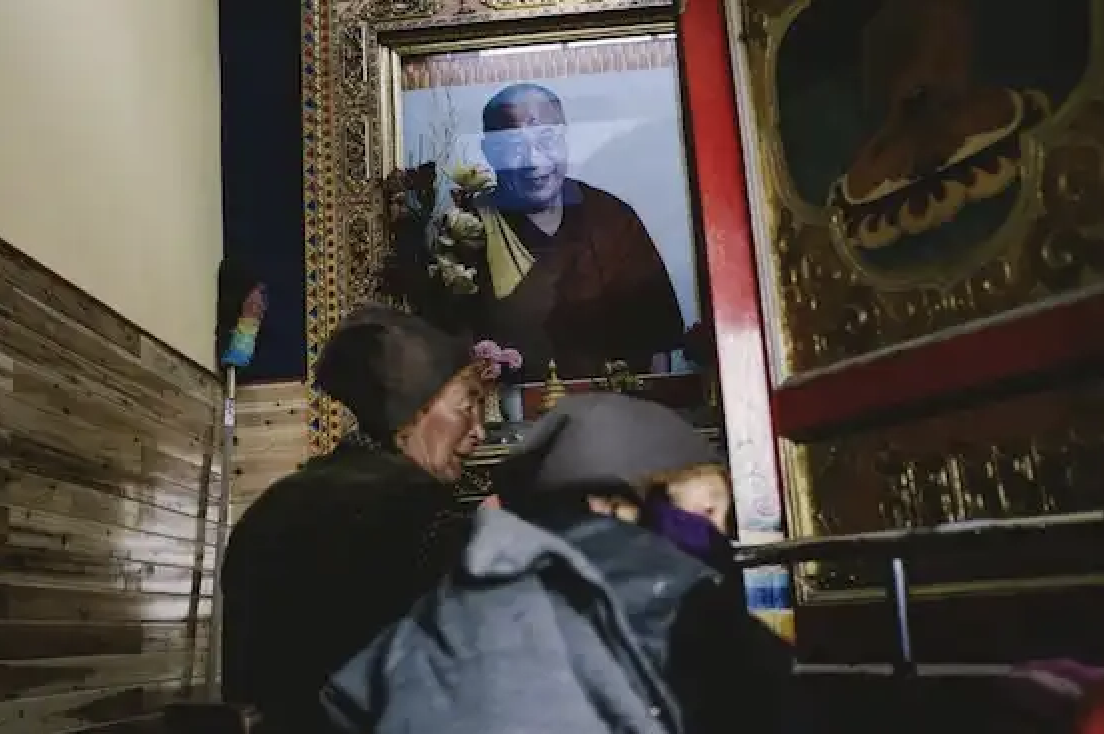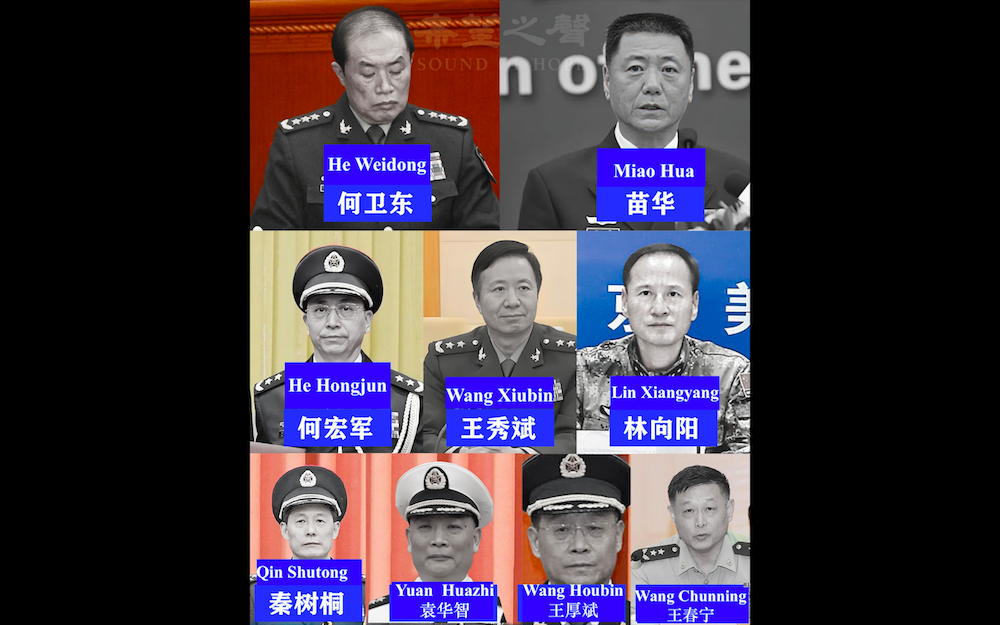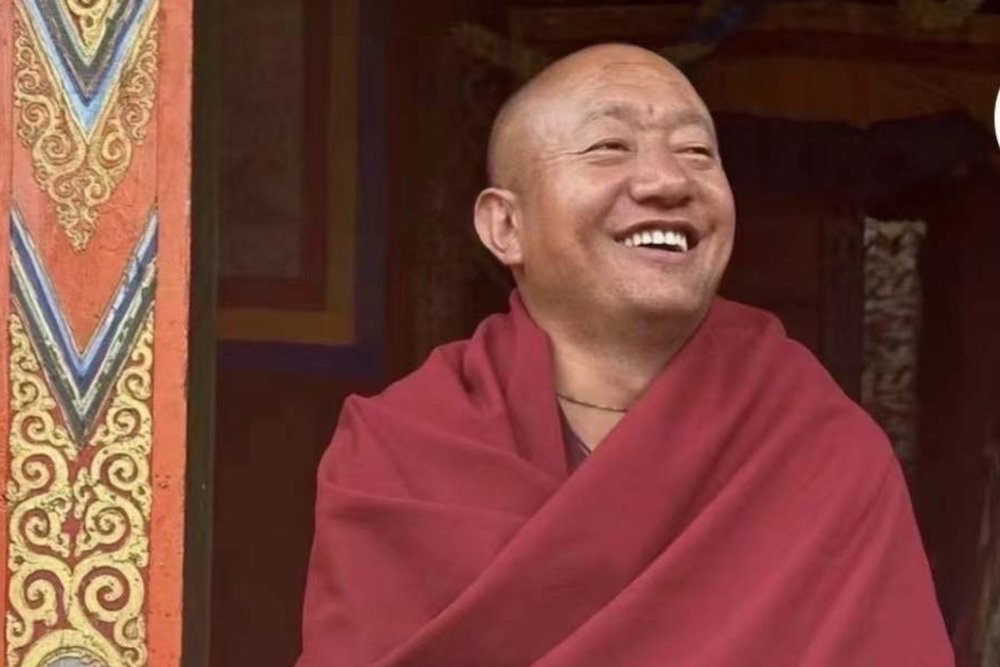By Pullock Dutta
Jorhat, Assam January 4 – As winter sets in, T. Nyima along with his colleagues come to this part of the country to sell woollen garments. In fact Nyima, a Tibetan refugee, has been a regular visitor to Jorhat since 1978 and developed a relationship with the people here.
Nyima, who has recently been elected as secretary of the Jorhat Tibetan market, has learnt to speak fluent Assamese and self-admittedly says he feels at home in Jorhat. However, things have not remained the same for Nyima and his colleagues following the crackdown on the Ulfa camps in Bhutan by the Royal Bhutan Army.
The Ulfa had directed all the Bhutanese to leave Assam. “We are known in Assam as Bhutanese, which is a misconception. And our markets are popularly known as Bhutanese market where one finds cheap but comfortable woollen garments. We have no connection with Bhutan. We are Tibetan refugees,” said Nyima.
Nyima published an advertisement in local newspapers clarifying that the Tibetans have no relations with Bhutan. The markets are also closed before sundown.
The secretary said “some newspapers” have also published news saying “we are Bhutanese”, which have made things more complicated. Nyima said the Tibetan traders have been coming to Assam since several decades now to sell woollens during the winter.
“We set up temporary markets and do business and leave in the end of February,” he said. The Tibetans are mostly from Himachal Pradesh, Uttaranchal and Sikkim and are the followers of the 14th Dalai Lama. “We are granted refugee status by India in 1959,” Nyima said.
Following the Ulfa threat, the state government has deployed police pickets in all such Tibetan markets in the state. Lobsang Chomphel, another Tibetan businessman, who has been coming to Jorhat for 33 years now, said some Tibetans have set up permanent markets at Dimapur and Meo in Arunachal Pradesh.
“But most of us come here and sets up temporary markets at Golaghat, Dibrugarh, Sivasagar, Tinsukia and Jorhat districts of Upper Assam,” he said. Chomphel said the Tibetan refugees used to set up markets in tea garden areas in Upper Assam during winters.
“But since 10-12 years now we have are mostly based in town areas,” he said. Nyima said the group would leave Jorhat in February to celebrate the Losar Festival, the New Year festival of the Tibetans that lasts for a month.









